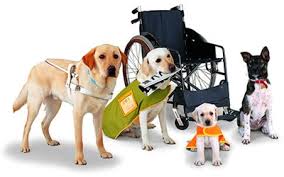In this brave, new world of cyber space, hacking and all-out cyber war, the ground is constantly shifting under us. It would be terrifying, if we allowed ourselves to stop and think of the implications. Today's news is a perfect example with the Chinese hacking into U.S. defense sites, and grabbing secret weaponry schematics.
Aside from cyber spying and war, how do you feel about the telecommunications era? Some exceptionally well educated seniors decline to participate. They do not 'keep up' with family or friends on Facebook, or other social media. If you wish to interact with these recalcitrant elders, you'd better hope they are available, when you call (they do not carry cell phones.) Don't call, if you cannot take the trouble to make face time.
Nor, do these throwbacks consider it an inconvenience to expect and to reciprocate personal gestures. Neither do they make a career of dodging discomfort, because tricky, sensitive, dialog is part of life and learning.
I'm also inspired to say these reluctant dragons are too shy, too sensible, to engage in (or expose themselves to) the raw sewage that regularly confronts Internet users. The rules of civility, you see, are too important to abandon, except in cyberspace. I know it is possible to defend one's privacy on the Internet ... not so much, however, on social media. Nonetheless I look on social media as phenomenally powerful tools for good, some of the time! On the other hand certain subjects are sacred, certain expressions, taboo.
I am sickened, as well, by the sheer numbers of encounters with actual (as opposed to ideological) sharks swimming in the cyber pool. Ironically the free e-mail is extremely effective at screening spam and scam messages. The other, however, the so-called junk folder with every conceivable sort of intruder. Maybe it has served to make me more alert, but it is disheartening.
Would we Internet users stop using the Worldwide Web, stop publishing, stop responding? It seems unlikely we'd willingly accept the limitations of such a decision. Maybe with passing generations, humans will learn to honor the privacy and boundaries of others online. Meanwhile I believe we teach people how to treat us, plus we always have the Delete, Block and time-honored Off buttons.
I like long walks, especially when they are taken by people who annoy me. -Noel Coward
Denver is cool this morning, brilliant with sun, ripe with promise. So I'm declaring today Dog Day at Washington Park.




